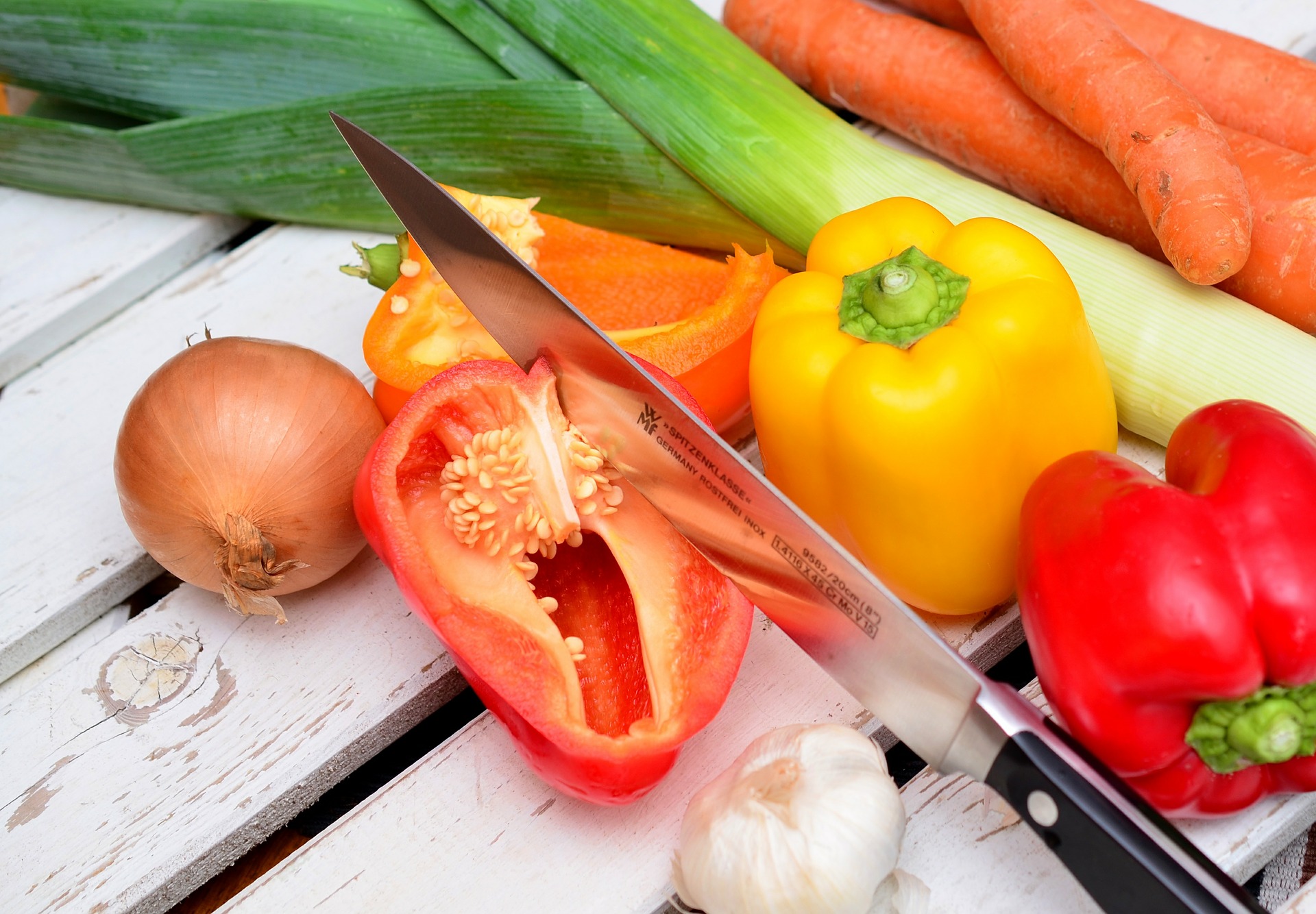‘Veganism’, ‘plant-based’, ‘cruelty-free’. All refer to an increasingly popular dietary regime that should be celebrated, promoted and endorsed globally. But in the wake of world mental health day, is it necessary to consider the darker side of dietary restriction?
The link between veganism and mental health issues is rather taboo and, as both a vegetarian and someone who has dealt with an eating disorder, I find myself at a crossroads when discussing the two in cohesion. Intimidated by such strong ethical dimensions, it is inevitably more difficult to call into question the potentially negative side effects and so, before I’m hounded by PETA for attempts to restrict animal rights, I should point out that a healthy and sustainable diet, devoid of animal products, is achievable for the majority. But with restriction comes the danger of obsession, and for those with a tendency towards perfection or self-control, it can spill over into a damaging eating disorder with harmful physical side effects.
Less well known than its more widely acknowledged associates, anorexia and bulimia, orthorexia refers to an unhealthy obsession with eating “good” or “pure” foods. Generally involving the evolution of a set of rules and the gradual elimination of foods deemed “bad”, orthorexia pollutes all aspects of life, causing withdrawal from social situations and, in many cases, malnutrition. Of course, a disordered relationship with food can arise in all manner of ways, but the slope from plant-based to orthorexic is slightly more slippery than the one from a beef-eating carnivore. Because, if you didn’t already know, dieting isn’t cool anymore, but veganism is. With cheese-less cheese toasties and almond milk lattes on every corner, the public restriction is easy. If you can refuse chocolate cake on the grounds of saving the planet, as opposed to an outwardly narcissistic desire to remain thin and pure, then why the hell wouldn’t you?
Wrapped up in fad ‘clean eating’ trends and false statistics, veganism has become an unfortunately convenient disguise for disordered eating, with the omnipotent aid of the internet. Bursting with ‘health conscious gurus’ intent on detailing daily food diaries and dictating against white carbs and olive oil, the internet is awash with those parading bull-shit as sound nutritional advice. Prescribing meat free, dairy free, gluten free, soy free, fun free food, certain vegan blogs have struck many additional cruelty free products off the menu; “gluten is a big fat no, oil is bad news and God forbid you eat unrefined sugar.”
Promoting intensely clean, unsustainable diets that vilify not only animal products but also carbs and air, the internet helps to formulate and internalise a web of guilt, shame and anxiety for those who may already be susceptible to an unhealthy relationship with food. Again, I should reiterate that I’m not attempting to attack, criticise or disparage veganism and those that subscribe do not necessarily have orthorexia. As something that is healthy and ethical it is, for the most part, great. However, there is, as Steve Bratman, founder of orthorexia, suggests, a “tipping point” at which enthusiasm becomes obsessive and the healthy becomes unhealthy. In this respect, 2018’s latest trend should perhaps come with a warning: “Proceed With Caution.”
Lola Brittain

